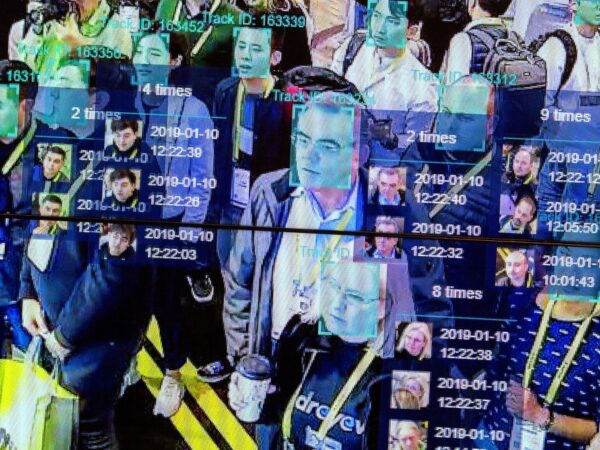The European Parliament called on legislators of the European Union to prohibit automated face recognition in public spaces and to apply strict guarantees for the use of artificial intelligence. Members voted in favor of the non-binding resolution of 377-248, with 62 abstentions.
MEPs stated that citizens should only be monitored when they are suspected of a crime. They cited concerns about the algorithmic IA and argued that human surveillance and legal protections are needed to avoid discrimination. Politicians noted that there is evidence suggesting identification systems based on the identification of minority ethnic groups, LGBTI + people, seniors and women at higher rates. As a result, MEPs say: “Algorithms must be transparent, traceable and sufficiently documented”, with open-source options used as far as possible.
The resolution indicates that “people subject to AI feeding systems must use an appeal.” According to the document, “a person has the right not to be subject to a decision that produces legal effects concerning them or affects them considerably and relies solely on automated data processing”.
In addition, MEPs called on EU officials to ban private face recognition databases (some law enforcement agencies in Europe use Clearview AI’S ONE), as well as “predictive police based on behavioral data “. They also urged the European Commission to prohibit social rating or social credit systems and stated that the ibordercTrl virtual border agent and other border control systems using automated recognition should be closed.
Resolution approval follows similar calls from EU data protection regulators this summer. The European Data Protection Commission and the European Data Protection Supervisor stated that EC should prohibit biometrics’ use systems in order to classify people “in clusters based on ethnicity, the sex, political or sexual orientation “or any other classification that can lead to discrimination.
In April, the EC proposed a bill called Artificial Intelligence Act, which would introduce a radical regulatory framework for AI. Among the measures are a prohibition of distance biometric identification (such as face recognition) in public spaces unless it is used to combat major crimes, including terrorism and kidnappings.

